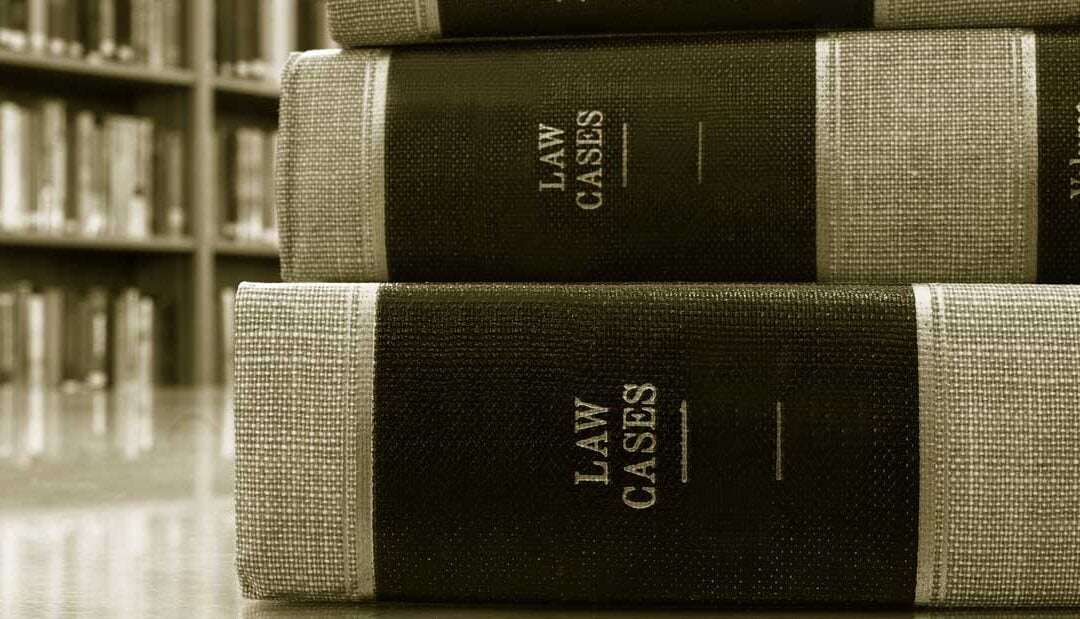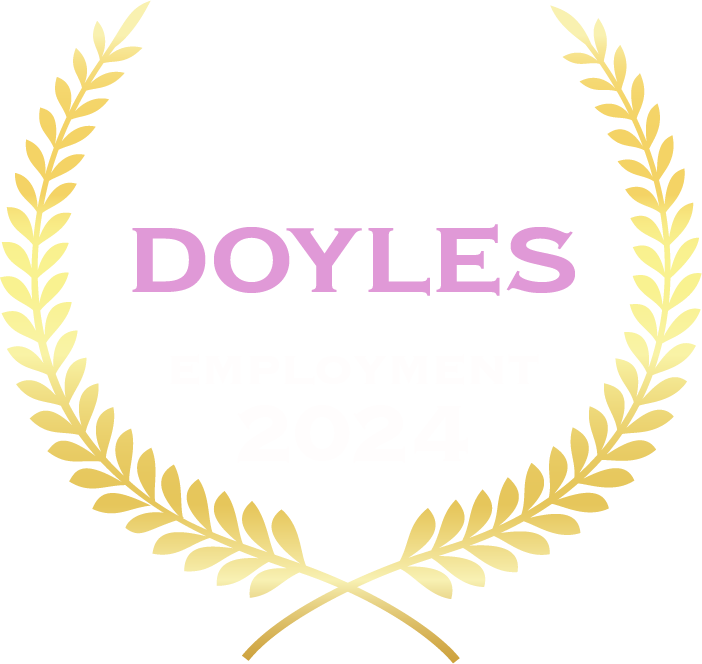The answer is “yes”.
In Australia, when a party to civil litigation fails to call a witness, or lead evidence that is conveniently available to it and this failure is unexplained, a submission may be made by the opposing party that the rule in “Jones v Dunkel” ought to be applied resulting in an adverse inference being drawn by the Court or Tribunal.
The inference – adverse to the party’s case who failed to call the witness or lead the evidence – is ordinarily that the uncalled witness or evidence would not have helped the party’s case.
Importantly, it is not an inference that the uncalled witness or evidence would have been positively unfavourable to the party’s case, or positively favourable to the opposing party’s case.
The application of the principles in Jones v Dunkel may also result in the Tribunal or Court more readily accepting the opposing party’s evidence on the disputed fact.
Although the Fair Work Commission is not bound by judicial rules of evidence, it can inform itself as it considers appropriate and has applied the rule in Jones v Dunkel as a matter of fairness.


